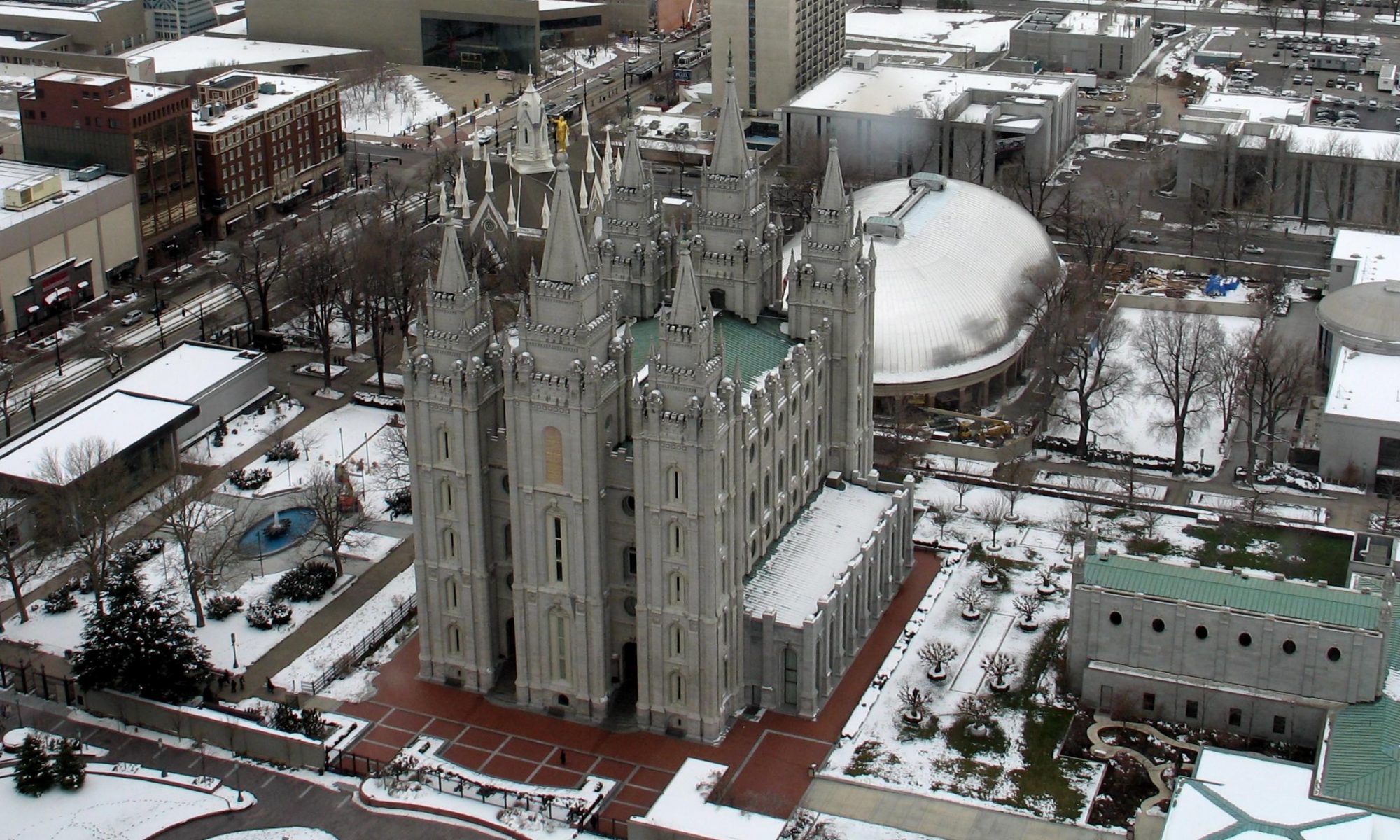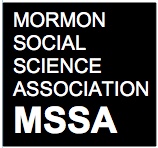Q: I know that the LDS Church proscribes against alcohol consumption and I would like to know more about use of alcohol among the FLDS. Could you point me in the right direction, please?
A: Thanks to the MSSA network, we have access to several people who are qualified to answer this question. Our first response comes from Janet Bennion, who has conducted extensive fieldwork among polygamists and the FLDS:
The FLDS has a history of relaxed rules on alcohol. For example, here’s one observation by Kevin Barney (May 2008):
On the third weekend of the month there would be a priesthood meeting in SLC. After the meeting, there was always a pizza party at the home of Leroy Jeffs, one of Rulon’s sons and the one most people at the time thought would succeed Rulon (as opposed to Warren). There was pizza, of course, and chicken and lots of junk food. But the big attraction was the alcohol. The women would arrive about 45 minutes before the men and gather in the living room, and really wouldn’t touch the food (the Jeffs had a strict rule against obesity among the women). But they would hit the beer; even the nursing mothers. After several bottles of beer they were laughing and preaching the gospel about keeping sweet and loving your sister wives. They quickly went from being nervous and irritable to having a gay old time.
I do know that the rules against alcohol are a bit stricter in the AUB/Allred group. I know of a few patriarchs who have a glass of wine after dinner, but these are not in good favor with the Brethren who often restrict its use publicly. Yet, on one occasion a beer or two might be tolerated to ease the tensions before sex or after work. I gathered this material during a priesthood meeting in Pinesdale. It is obvious that fundamentalists do not recognize as strict an interpretation as orthodox Mormons do.
Thus, the FLDS and other polygamist groups do have slightly more relaxed norms toward alcohol use. Carrie Miles offers a suggestion for why this might be the case and offers some additional information:
Enforcing the Word of Wisdom was not a big deal in the church until the 1930s. Think of it as a boundary maintenance device. With increased exposure to the outside world, the growth of the church outside of Utah, and the loss of polygamy, the mainstream church needed a new way to force members to maintain their unique identity out in the world. Nearly all of the fundamentalist groups branched off from the mainstream church before the 1930s (if they hadn’t, President Grant’s campaign against polygamy forced them out), so they do not enforce the WOW (i.e., the Word of Wisdom, which is the proscription against consuming alcohol; see D&C 89). In many ways, the fundamentalists look more like primitive Mormonism than the current church does.
Carrie’s suggestion that the fundamentalist Mormons look more like primitive Mormonism than does the LDS Church does reflect the much looser observation of the Word of Wisdom among Mormons prior to the 1900s. Joseph Smith was known to have consumed alcohol on occasion and Brigham Young ran a prominent bar in SLC, though not because he was a regular imbiber but to control the flow of alcohol. Thomas Alexander offers another explanation for the changing adherence of the Word of Wisdom among earlier Mormons:
Excommunications actually took place in the 19th century for an unwillingness to obey the Word of Wisdom. Brigham Young emphasized the Word of Wisdom, according to Leonard Arrington, for economic reasons. He wanted to keep hard cash from flowing from the territory. The campaign for Prohibition, which eventually led to the reemphasis of the Word of Wisdom, began shortly after the turn of the Twentieth Century. Some prominent Mormons, including Heber J. Grant, were embarrassed because Evangelical Protestants seemed to be leading the prohibition movement. Prohibition gained acceptance in the Democratic Party, but it divided the Republicans. Utah adopted Prohibition when the Democratic Party won the election in 1916. The church began emphasizing the Word of Wisdom under Joseph F. Smith in about 1902. There are letters to Stake Presidents on the subject. It was included in the questions for a temple recommend in 1921. The Utah legislature adopted cigarette prohibition temporarily during the 1920s. I would argue that the prohibition movement probably had more to do with the reemphasis on the word of wisdom than did the attempt to find something as a measure for boundary maintenance. This is because the Evangelical Protestants, who were arguably the most anti-Mormon of all religious groups, were involved in Prohibition long before the Mormons. It has clearly become a measure of boundary maintenance since then, but originally that was not the case.
Rick Phillips offers some additional information on this topic:
Brian Hales writes: “Joseph Musser, like other fundamentalist leaders even today, regarded the Word of Wisdom, which was a particular emphasis of Heber J. Grant, not as a commandment, but rather as advice that might be observed or ignored. (Hales, “Modern Polygamy and Mormon Fundamentalism”, Greg Kofford Books, 2006, p. 252-253.) Of course, Musser is a predecessor of the Allreds, not the FLDS. On the evolution of the Word of Wisdom as identity marker see chapter 13 of Thomas Alexander’s “Mormonism in Transition” (U of IL Press). See also, Christie Davies, “Coffee, tea and the ultra-Protestant and Jewish Nature of the Boundaries of Mormonism” in “Mormon Identities in Transition” Douglas Davies ed., Cassell.

